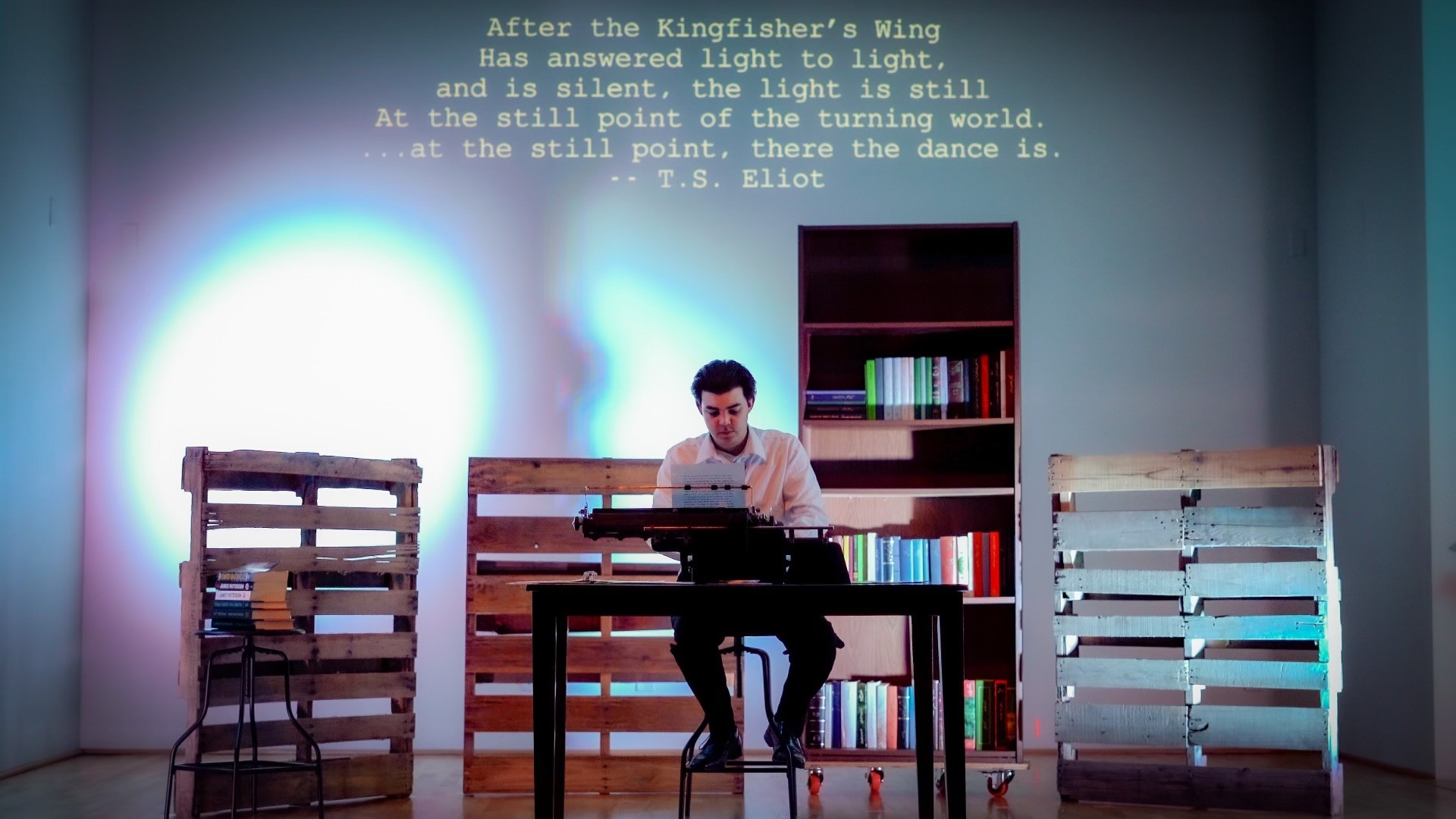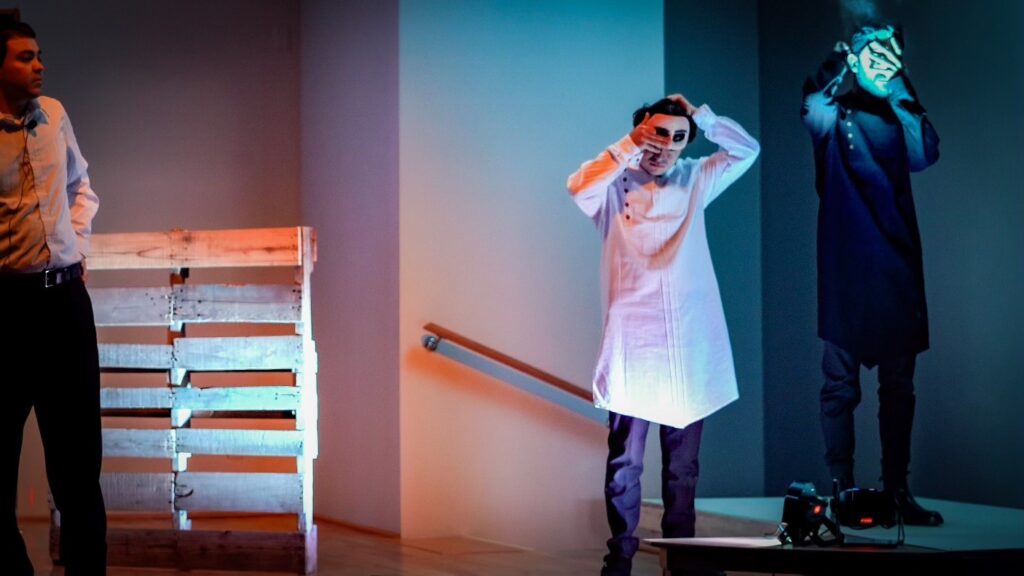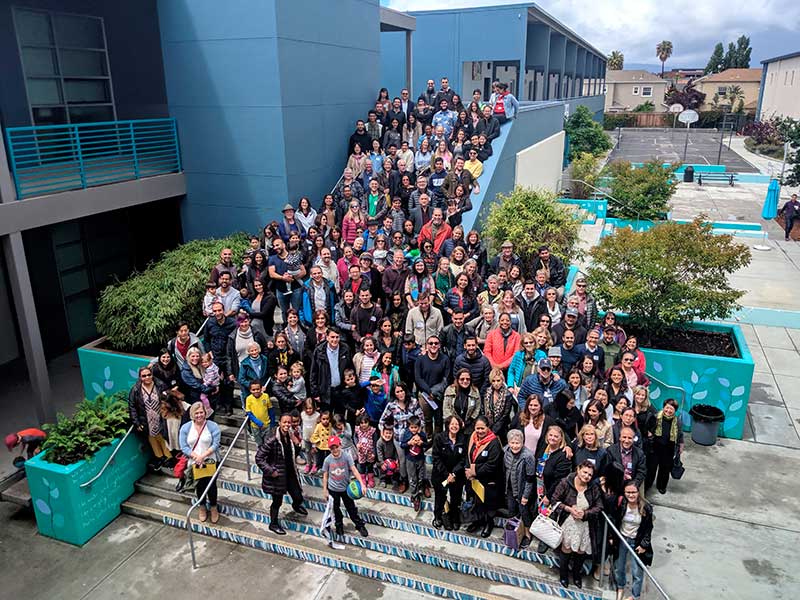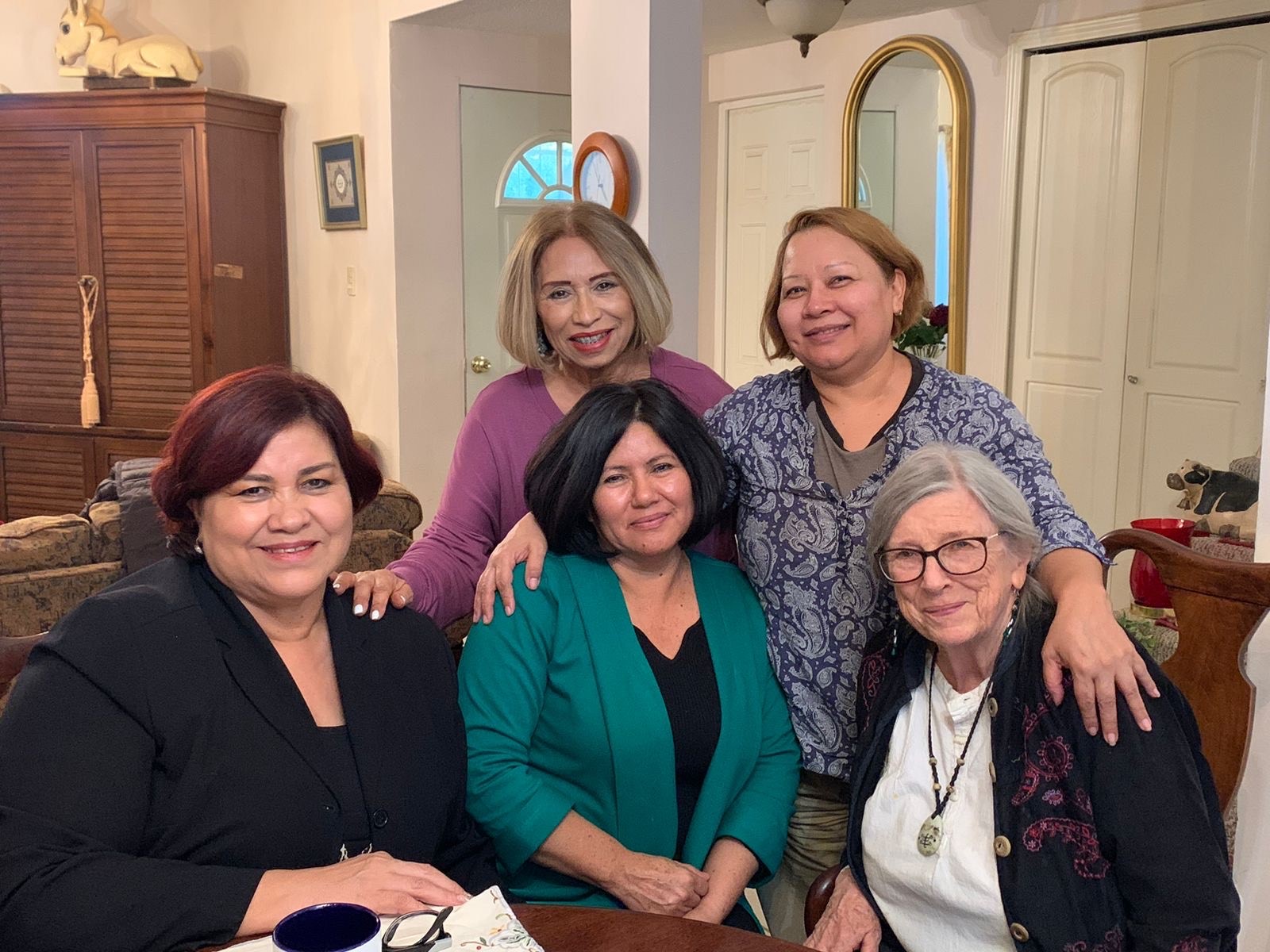
Young actors share the story of Badíʻ

In November, a team of actors under the direction of 23-year-old Anisa Hosseini presented a second play by and about youth at the Plano Bahá’í Center in North Texas. The same troupe that produced A New Dress for Mona last year, now called Theatre Artt Productions (named in honor of Hosseini’s father who went by “Artt”), breathed life into an adaptation of The Kingfisher’s Wing: The Story of Badí’, a play written and originally staged by William T. George of Kingfisher Theatre in Nazareth, Pennsylvania.
Hosseini transfixed the audience with the true story of the martyrdom of the 17-year-old youth, Aqa Buzurg. In an apparent role-reversal, the young man is torn between his father’s new Bahá’í Faith and his own traditional beliefs.
The youth eventually comes to understand the power and beauty of this new faith, travels to meet Bahá’u’lláh, and is so passionately inflamed with love for this charismatic Figure that he is deemed worthy of the task of delivering a letter to King of Persia, Nasiri’d Din Shah.
Aqa, now called Badí’ (the Wonderful) by Bahá’u’lláh, travels 1,600 miles on foot to deliver this message and fulfill his destiny. His heroic act is a testament to courage, love and sacrifice. In “God Passes By,” Shoghi Effendi writes, “For a space of three years Bahá’u’lláh continued to extol in His writings the heroism of that youth…”

The play was originally performed as a one-man show with puppets because, according to playwright George, “the flesh kind of gets in the way” of the live revered personages. Hosseini chose to use actors wearing masks that enabled them to maintain respect for the portrayal of characters of great significance and yet fully connect with their range of human emotions.
Parsa Maboudian, a Bahá’í youth from Plano, provided musical direction for voice, piano, guitar, tombak and violin, including original compositions. In one affecting scene, Maboudian sings and plays the tombak before a projection of flames covers Badí’ to symbolize being “created anew.”
Not only is this story universal in its parent-teenager family dynamics, but also in the timeless quest for purpose. Badí’’s purpose becomes clear once he is consecrated and arises for such an important undertaking. The play further highlights an uncomfortable truth of this story from the mid-1860s: that the persecution of “others” continues to this day.
The four performances drew 684 attendees, many of whom lingered after to talk and learn more about the Baha’i Faith. While most of the actors and crew are Bahá’ís, and all are youth, a handful are learning this history for the first time. Austin Keefer, a young actor with a warm, resonant voice who reprises William George’s original role as the narrator says, “I had an incredible experience working on this show. The cast and crew were so kind and welcoming and I enjoyed every minute of bringing this story to life.”
Rajat Bangera, who met Hosseini playing pickleball, portrays Nabil and says he is on a personal spiritual journey since he realized that Lotus Temple in India that he visited as a child was from the same Faith. Bangera plans to attend a local devotional demonstrating how the play is serving as a catalyst for connecting the larger community to the Bahá’í institute process.
The example of Badí’ can inspire us to find our own purpose and strive to spread messages of universal love and unity despite repercussions. To quote the script,“the greater the ability to love, the greater the suffering.”





